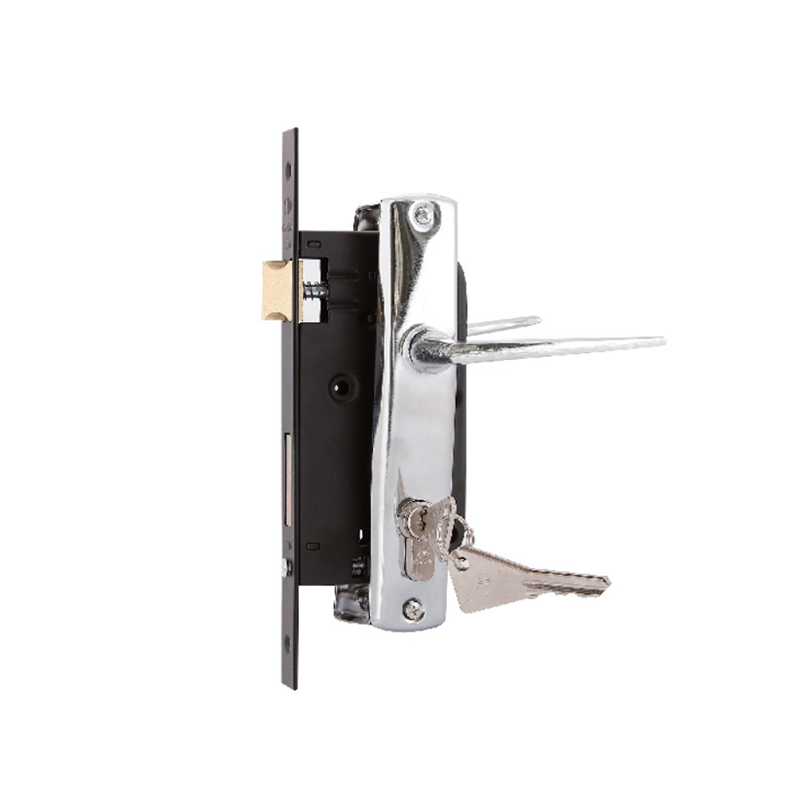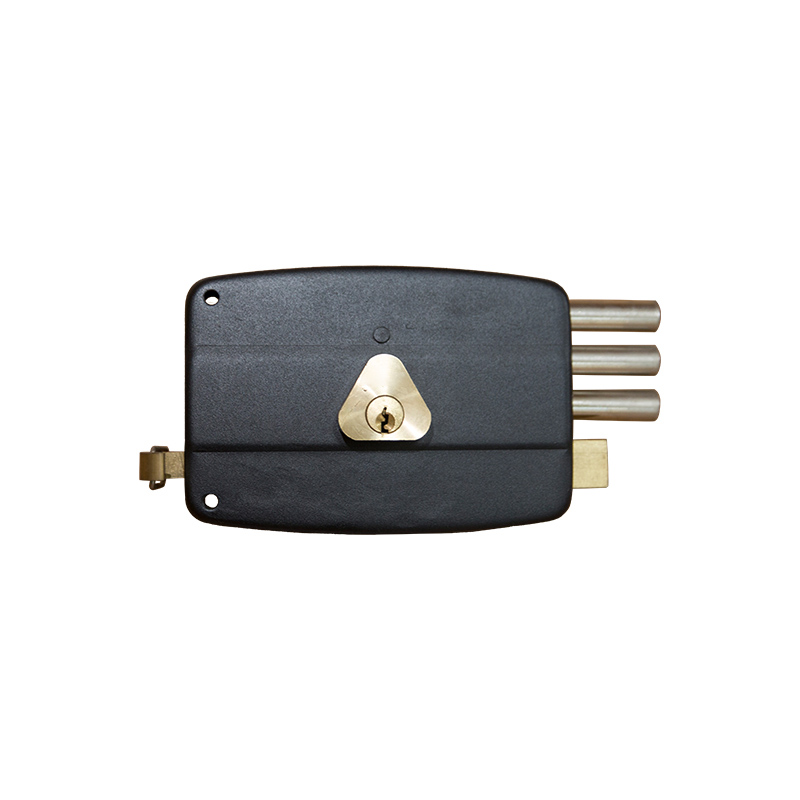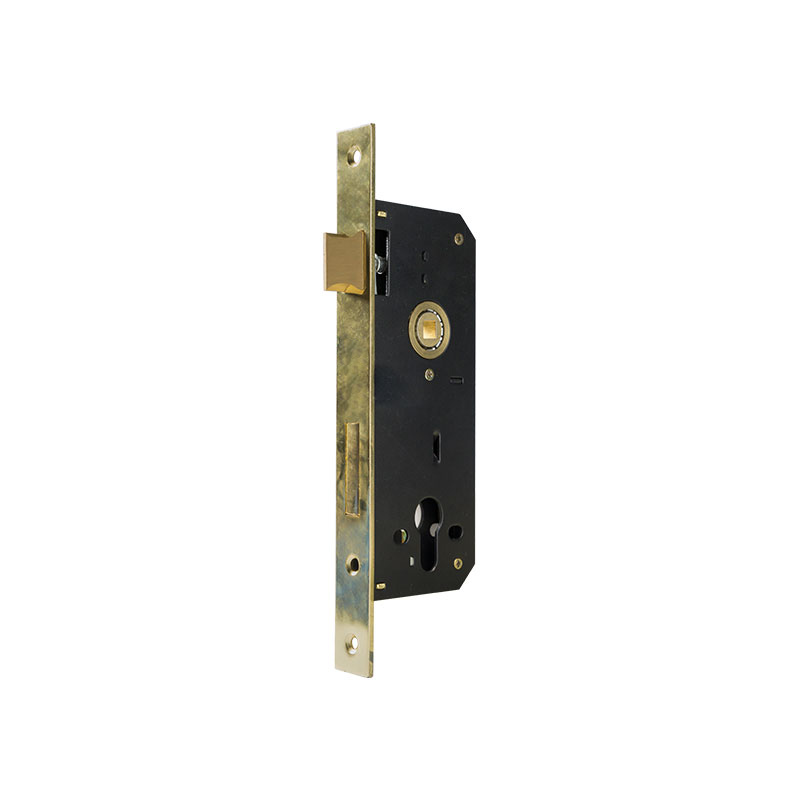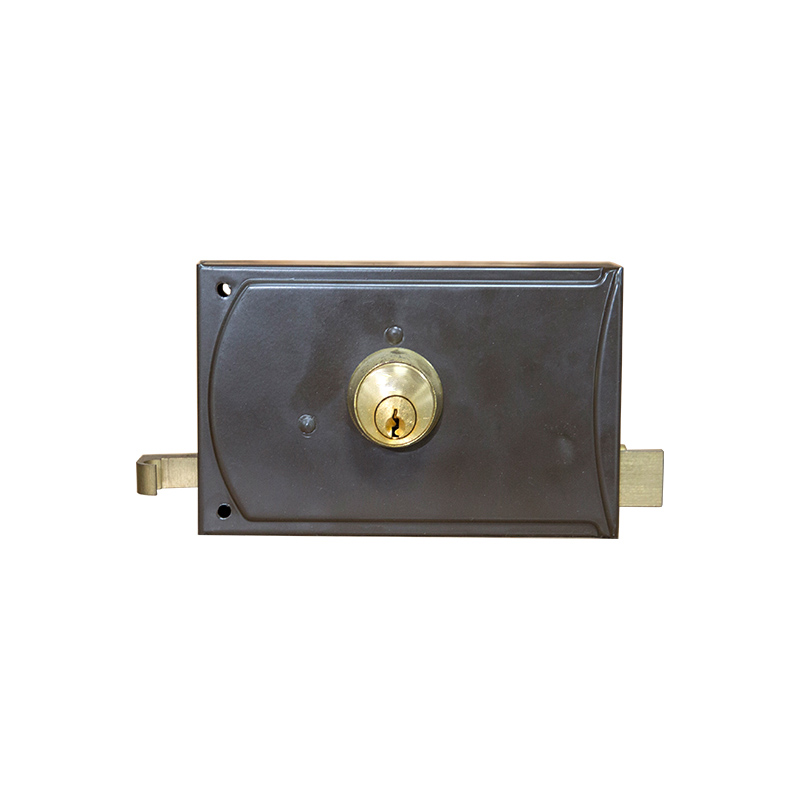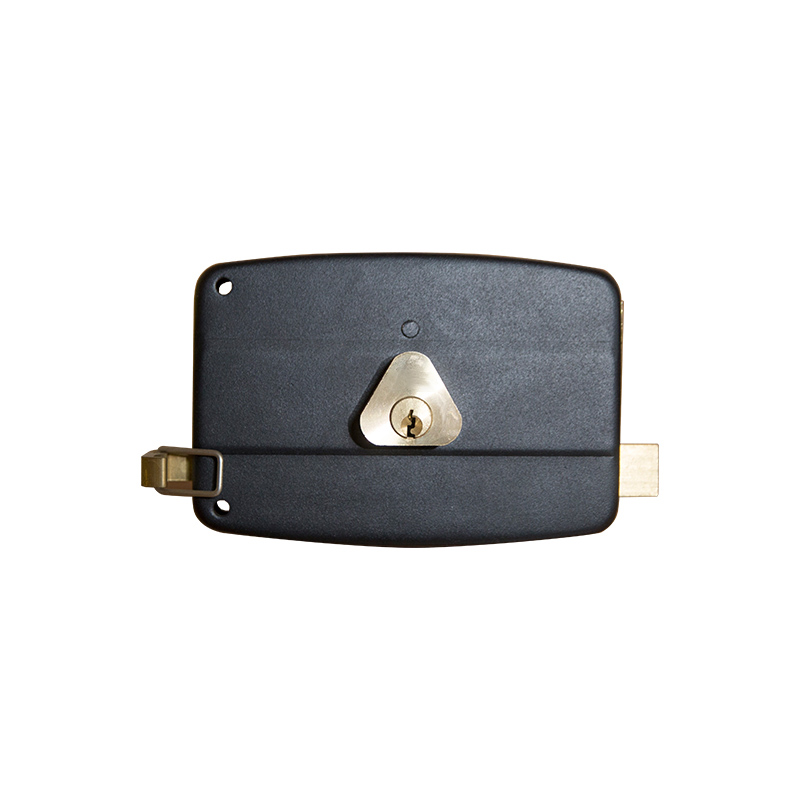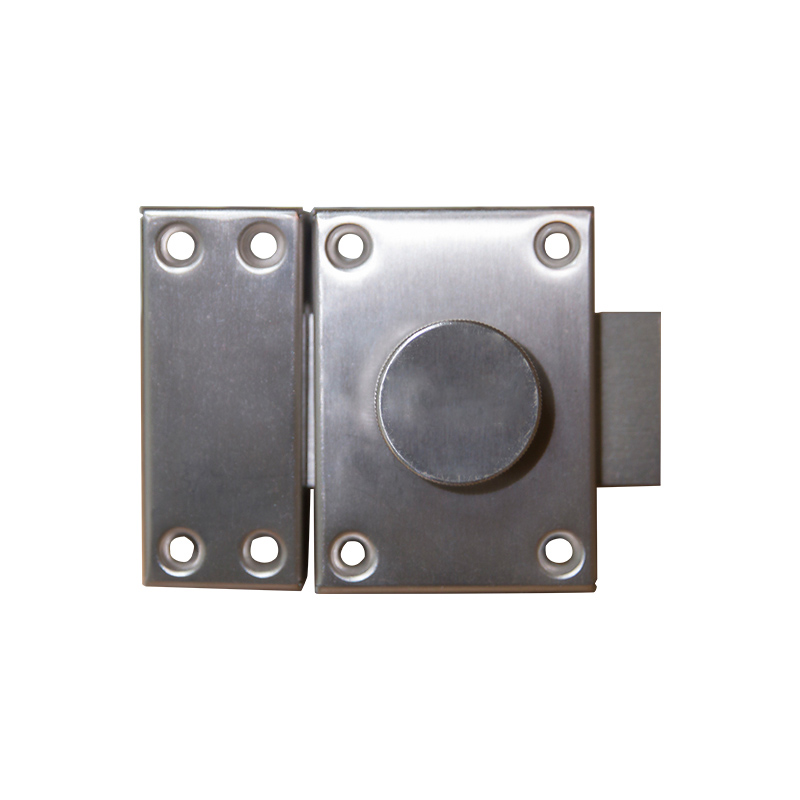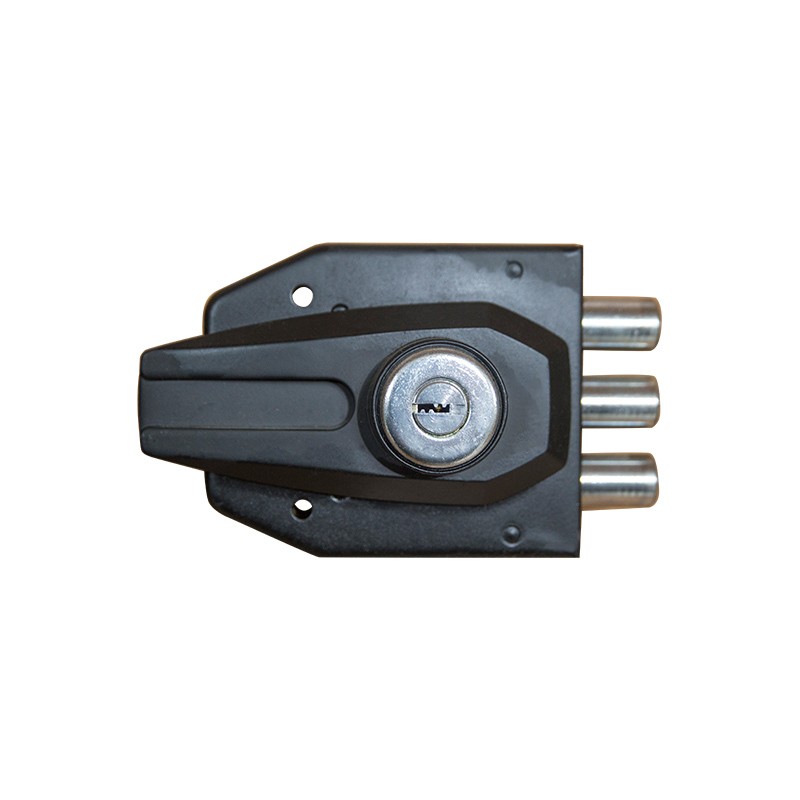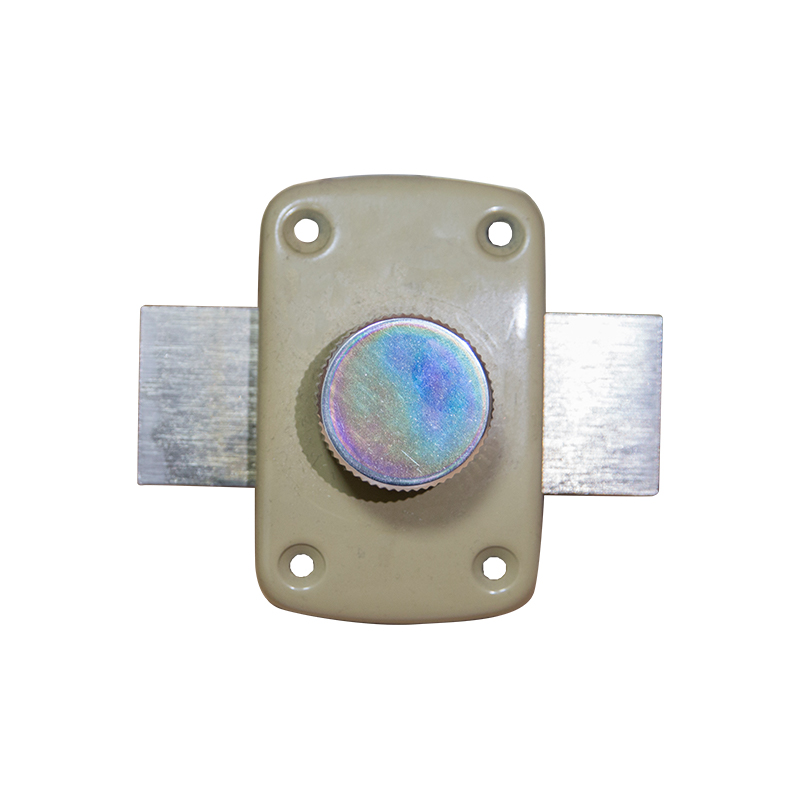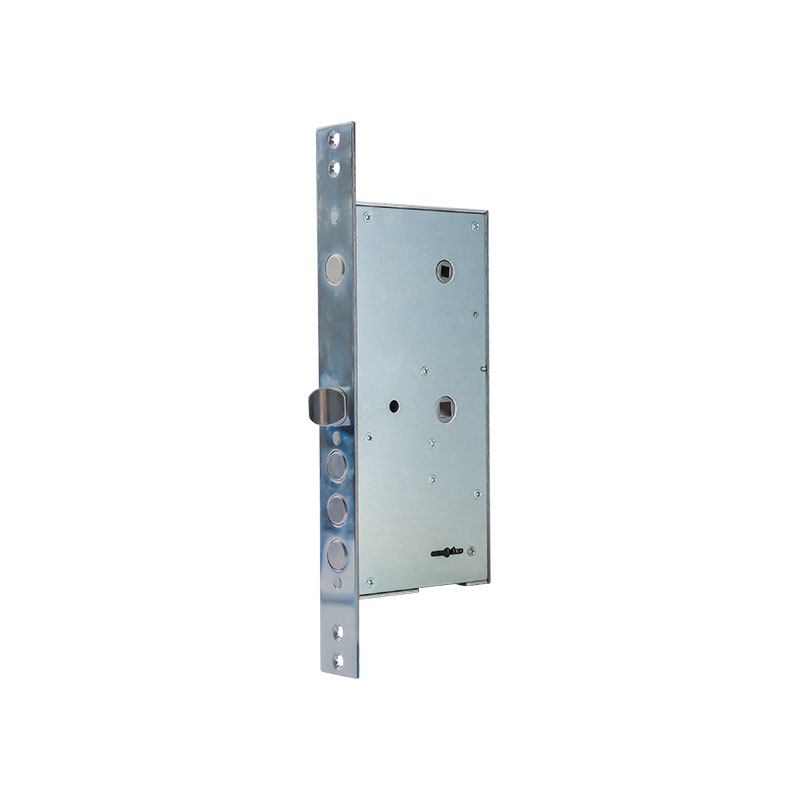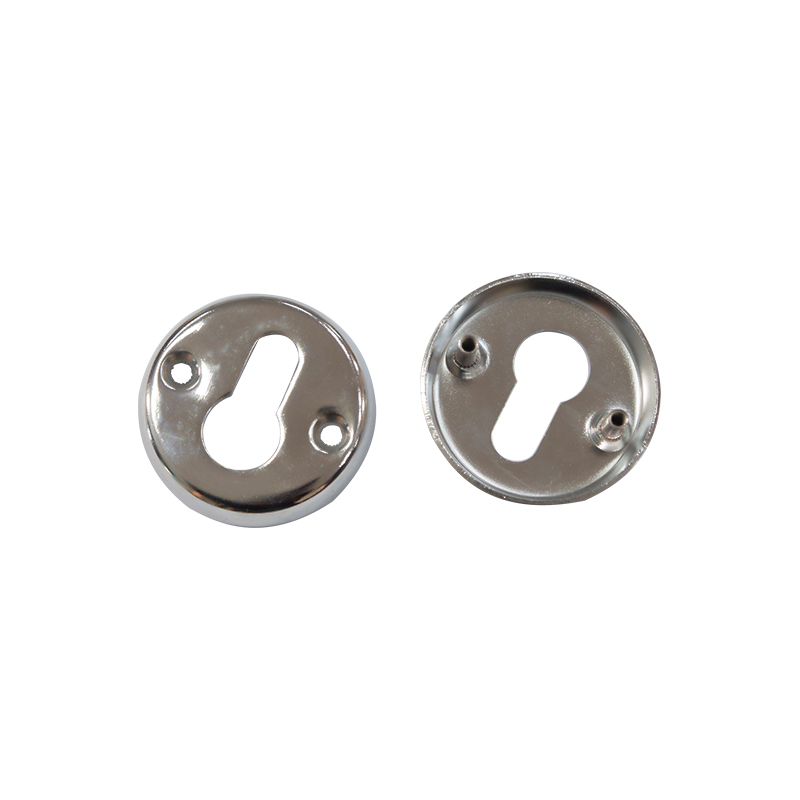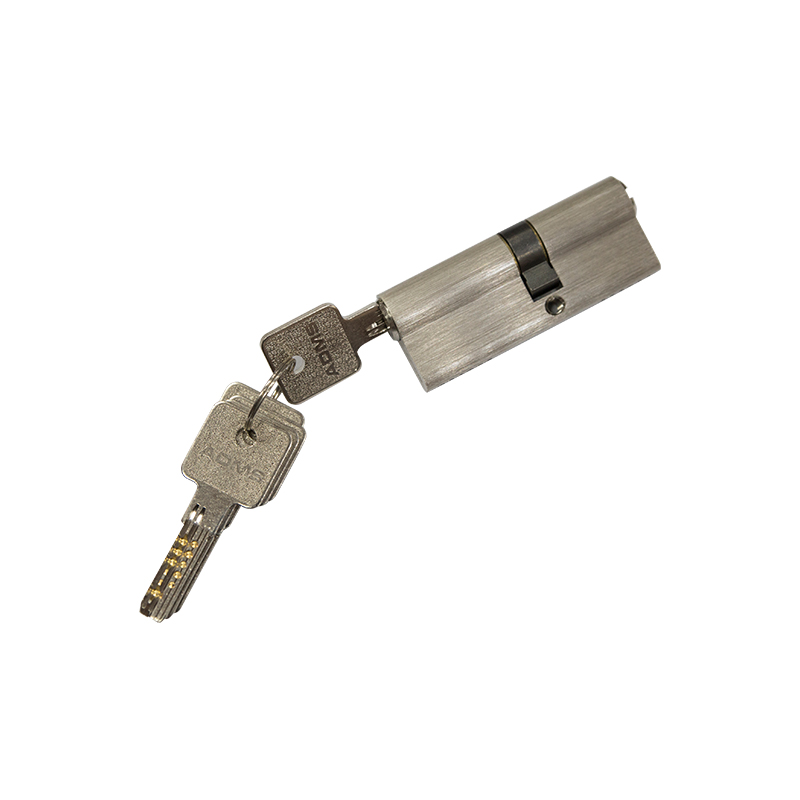Mortise locks are commonly used in doors and require some maintenance to ensure they function properly and provide security. Here are some maintenance tasks you can perform for mortise locks:
Regular Cleaning: Dust, dirt, and debris can accumulate within the lock mechanism over time. Cleaning the lock and its components regularly will help prevent these particles from interfering with the lock's operation.
Lubrication: Apply a graphite-based or silicone-based lubricant to the lock mechanism. This lubrication helps the components move smoothly and reduces friction, which can extend the life of the lock and prevent it from becoming stiff or difficult to operate.
Key Inspection: Inspect your keys for signs of wear or damage. If your keys are bent, cracked, or worn down, they might not operate the lock effectively. Replace any damaged keys to avoid potential issues.
Check for Loose Screws: Over time, screws holding the lockset and strike plate in place can become loose due to regular usage or environmental factors. Check and tighten any loose screws to ensure the lock remains securely in place.
Function Testing: Periodically test the lock's functionality. Insert the key and turn it to ensure the lock smoothly engages and disengages. Check both the locking and unlocking actions to make sure they are effortless.
Strike Plate Alignment: Ensure that the strike plate (the metal plate on the door frame where the lock's bolt engages) is properly aligned with the lock's bolt. If it's misaligned, the lock might not function correctly or might be more susceptible to wear.
Rekeying: If you're concerned about security or if you've given out keys to multiple people, consider rekeying the lock periodically. Rekeying involves changing the lock's internal pins and tumblers to work with a new set of keys.
Protection from Weather: If the lock is exposed to the elements, consider using a protective cover or seal to prevent moisture, dust, and other environmental factors from affecting its performance.
Inspecting Wear and Tear: Regularly inspect the lock for signs of wear, such as rust, corrosion, or other visible damage. Address any issues promptly to prevent further deterioration.
Professional Inspection: If you notice any persistent issues with the lock's operation or if you're unsure about its condition, consider having a professional locksmith inspect and service the lock. They can provide expert advice and perform more in-depth maintenance if necessary.
Remember that the frequency of maintenance tasks will depend on factors like usage, climate, and the quality of the lock itself. Regular care and attention will help ensure that your mortise lock continues to operate smoothly and securely over time.
